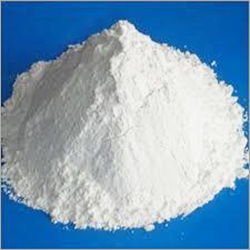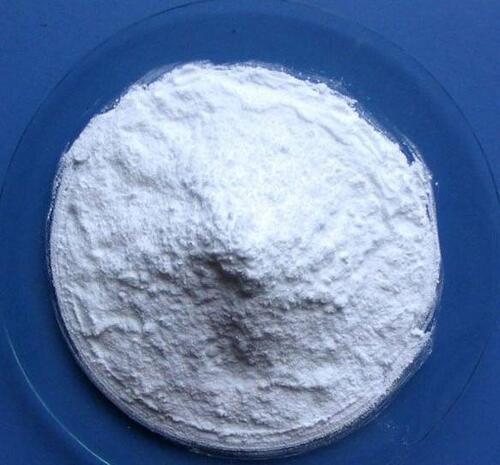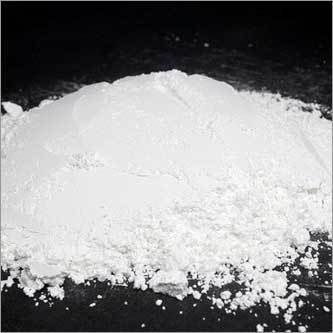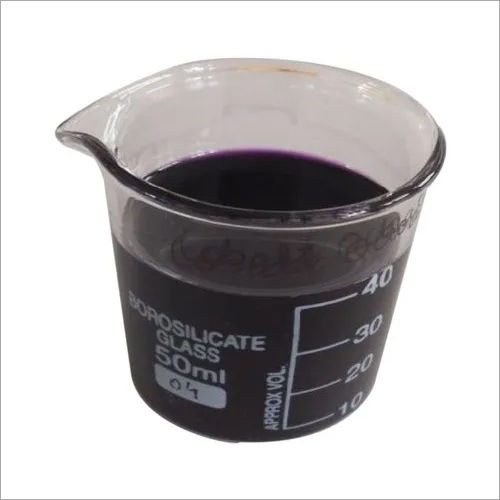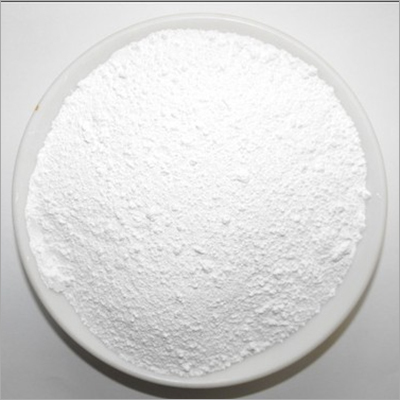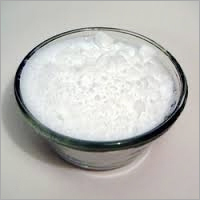Call Us : 08045816053
Calcium Carbonate
Product Details:
X
Calcium Carbonate Price and Quantity
- 25 Kilograms
Calcium Carbonate Trade Information
- Cash in Advance (CID)
- 7 Days
- Yes
- Free samples are available
- Plastic Bags / Paper Bags
- Asia Australia Eastern Europe Middle East Africa Central America South America Western Europe North America
- All India
- ISO 9001:2008
Product Description
We are a well known supplier of Calcium Carbonate for our huge clientele base. It is a chemical compound that has chemical formula CaCO3. It is processed using a pure quarried source (usually marble) or by passing carbon dioxide into calcium hydroxide solution. It is available in diverse specifications to meet the requirements of our customers. It is rigorously inspected on varied parameters prior to dispatch to ensure high quality, durability, effectiveness and safe usage. This chemical is available at highly feasible prices.
Applications of Calcium Carbonate:
- Paints-coatings
- Plastics
- Adhesives
- Sealants
- Paper industry
Calcium Carbonate Properties:
Calcium carbonate possesses several notable properties. Here are some key characteristics of calcium carbonate:
1. Chemical composition: Calcium carbonate has the chemical formula CaCO3, indicating that it is composed of calcium (Ca), carbon (C), and oxygen (O) atoms.
2. Appearance: In its pure form, calcium carbonate is a white, odorless powder or crystalline solid. It is insoluble in water but soluble in acids with the release of carbon dioxide.
3. Density: The density of calcium carbonate varies depending on its form. For example, the density of limestone, a common form of calcium carbonate, ranges from 2.5 to 2.7 grams per cubic centimeter (g/cm3).
4. Solubility: Calcium carbonate has limited solubility in water. At room temperature, only a small amount of calcium carbonate dissolves in water, resulting in a slightly alkaline solution. However, its solubility increases with decreasing temperature.
5. pH: Calcium carbonate is a basic compound, meaning it has a pH above 7. When calcium carbonate dissolves in water, it releases carbonate ions, which can react with hydrogen ions, reducing the acidity and increasing the pH of the solution.
6. Calcination: Calcium carbonate undergoes thermal decomposition when heated to high temperatures, a process known as calcination. It breaks down into calcium oxide (quicklime) and carbon dioxide gas.
7. Crystal structure: Calcium carbonate can crystallize into different crystal structures, including calcite and aragonite. Calcite is the most stable and common form, while aragonite is less stable and found in certain environments like coral reefs.
8. Abrasiveness: Calcium carbonate has a low abrasiveness, making it suitable for various applications, including toothpaste formulations and gentle exfoliants in cosmetic products.
9. Optical properties: Calcium carbonate is optically active and exhibits birefringence when viewed under polarized light. This property makes it useful in certain optical applications.
Frequently Asked Questions:
Q. What is calcium carbonate?
Ans: Calcium carbonate is a chemical compound with the formula CaCO3. It is a common substance found in rocks, such as limestone, marble, and chalk. It is also the main component of shells of marine organisms, snails, and eggshells.
Q. What are the uses of calcium carbonate?
Ans: Calcium carbonate has a wide range of applications in various industries. Some common uses include:
- Construction: It is used as a building material in the form of limestone and marble.
- Agriculture: It is utilized as a soil conditioner to adjust soil pH and provide essential calcium for plant growth.
- Pharmaceuticals: It is used as a dietary supplement and antacid to treat conditions like acid indigestion.
- Food and beverages: It is used as a food additive, providing texture, stability, and calcium enrichment in products like baked goods, dairy products, and beverages.
- Paper industry: It is a key component in the production of paper, providing brightness and bulk to the paper.
- Plastics and rubber: It is used as a filler and reinforcing agent in the manufacturing of plastics and rubber products.
- Environmental applications: It is employed in water treatment processes to neutralize acidic water and remove impurities.
Q. Are there any health risks associated with calcium carbonate?
Ans: Calcium carbonate is generally considered safe for consumption when used as directed. However, excessive intake of calcium carbonate supplements or antacids can lead to side effects such as constipation, gas, and bloating. People with certain medical conditions, like kidney stones or hypercalcemia, should consult a healthcare professional before taking calcium carbonate supplements.
Q. Can calcium carbonate be used as a dietary calcium source?
Ans: Yes, calcium carbonate is commonly used as a dietary supplement to provide calcium, which is an essential mineral for maintaining bone health. It is an economical and widely available source of calcium, but it's important to follow recommended dosage guidelines and consult with a healthcare professional for proper supplementation.
Q. Can calcium carbonate be used in cooking and baking?
Ans: Yes, calcium carbonate can be used as a food additive in cooking and baking. It can act as a leavening agent, providing a source of carbon dioxide for dough rising. It is also used as a firming agent and pH regulator in various food products.
Enter Buying Requirement Details
 English
English Spanish
Spanish French
French German
German Italian
Italian Chinese (Simplified)
Chinese (Simplified) Japanese
Japanese Korean
Korean Arabic
Arabic Portuguese
Portuguese
